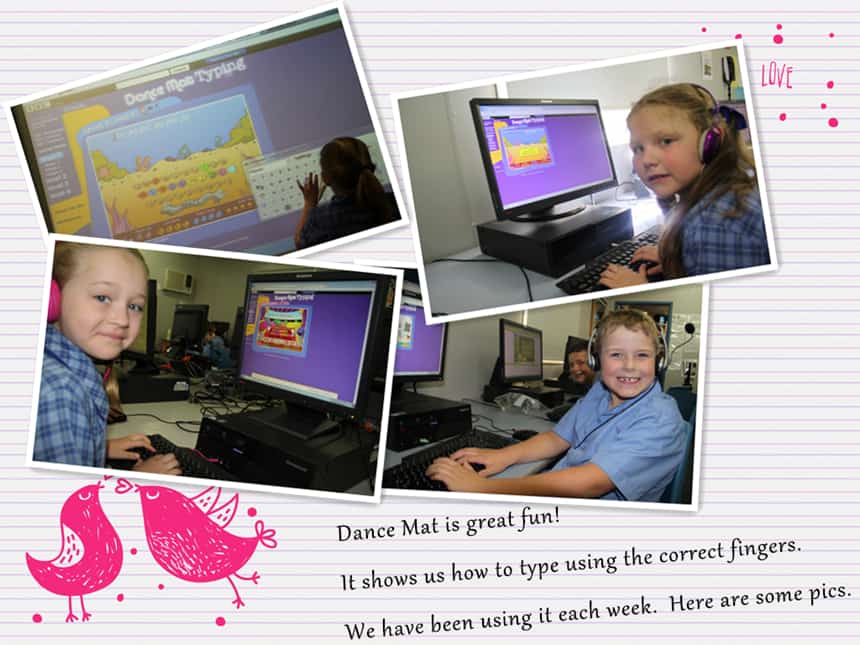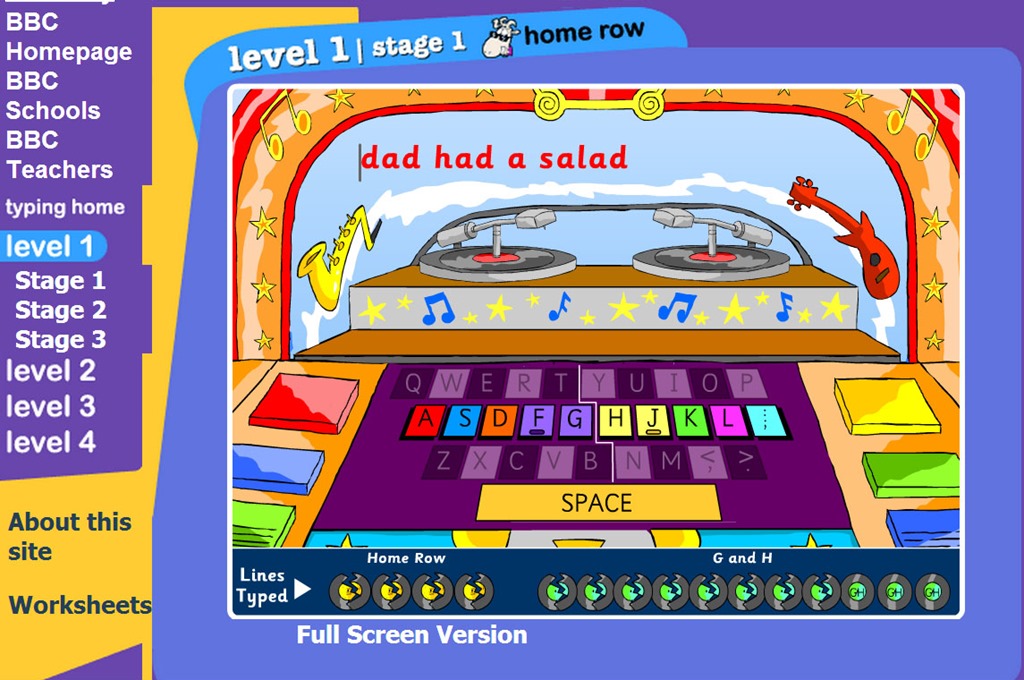

KIDS LEARN TO TYPE PROGRAM FREE FREE
Many families choose Head Start because of the free high-quality comprehensive early childhood services. Print a list of questions and things to look for that you can take with you when visiting a potential child care program. Ask if the program provides opportunites for parents to learn about how their children are doing or talk about their children’s progress. Also ask the provider to explain the types of daily activities planned for the children, and how those activities will support your child’s learning.Īsk about information and activities provided for parents. A high turnover rate could also mean that there are issues that could affect the quality of the program.Īsk what curriculum is used. If a program experiences a large amount of turnover, your child could experience many transitions to new teachers. If you need full-day or full-year care and the Head Start program doesn’t offer this, ask about partnerships with other child care providers that can care for your child when Head Start is not open.Īsk about what types of services you and your child will receive and whether there are any other requirements.Īsk about the program’s staff turnover rate (how frequently staff leave). Make sure that the program is open when you need care. Tips for Choosing This Type of CareĪsk whether your family qualifies for Head Start services and if your local program has any openings for children your child’s age.Īsk about the programs hours and if the program is available in the summer.
KIDS LEARN TO TYPE PROGRAM FREE HOW TO
Once you find a local program, you can contact the program to learn more about how to apply for Head Start services. The online program locator is available to help you find a program in your area. You can also find out if you are eligible for services. You’ll find more information on the kinds of services that are offered to enrolled children. You can learn more about these programs by visiting the Head Start website. Depending on the rules in your state, these programs may or may not be required to be licensed in addition to meeting federal requirements. Head Start and Early Head Start programs must follow many federal requirements. They are required to serve children with special needs, such as physical and developmental delays or homelessness. Head Start programs help all participating children succeed.

They also receive some free medical and dental care services, have healthy meals and snacks, and enjoy playing indoors and outdoors in a safe setting. Children who attend these programs participate in various educational activities. Head Start programs are operated by local nonprofit organizations, community action agencies, and school districts.


Head Start and Early Head Start programs also link children and families to other services in the community. These programs encourage parent involvement through regular visits to the child’s home, regular opportunities for parents to volunteer in the program, and special activities. Head Start programs serve children between 3 and 5 years old. Early Head Start serves pregnant women and families with children under age 3. Head Start and Early Head Start programs are free, federally funded programs designed to promote school readiness for children from low-income families.


 0 kommentar(er)
0 kommentar(er)
